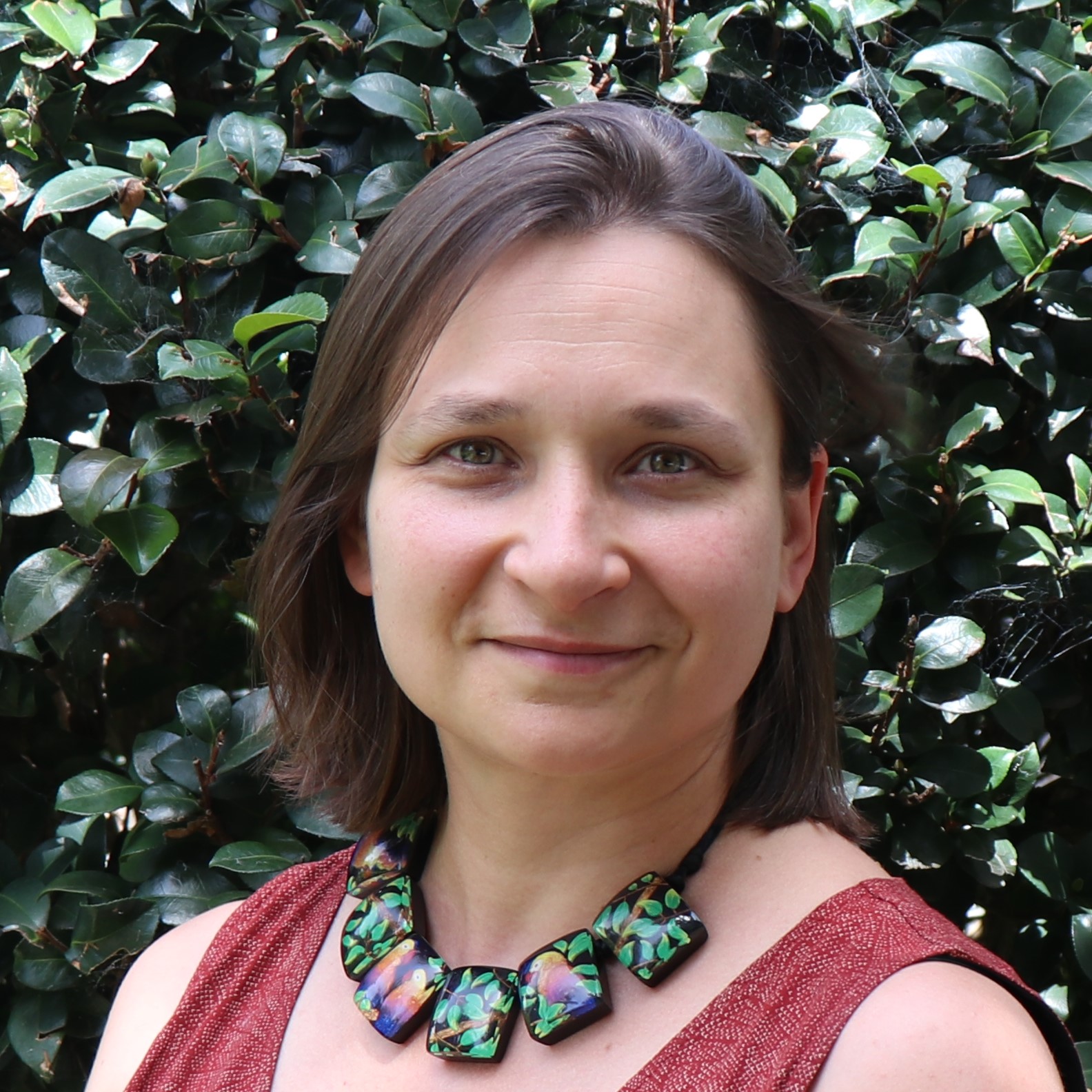
An expert in mineral flotation, Dr Liza Forbes joined the Sustainable Minerals Institute's Julius Kruttschnitt Mineral Research Centre in 2018, and has since been integral to the Separation Program's effort to make mineral processing smarter.
Ahead of International Women's Day 2020, we sat down with Liza to ask her a few questions about her career.
Could you walk us through your career prior to joining SMI?
“I received my undergraduate degree in Chemical Engineering from the University of Cape Town in South Africa. After I graduated I worked for Anglo Platinum as a metallurgist at the Bafokeng Rasimone Platinum Mine.
“I had always wanted a career in research, so after a period in industry I returned to UCT to complete my PhD in flotation chemistry and mineral surface chemistry with Prof Dee Bradshaw.
“When I finished my PhD, I took up a postdoctoral fellow position at the University of British Columbia in Vancouver, Canada, followed by another research fellow position at the University of Melbourne, which is what brought me to Australia.
“In 2012, I took up a position with CSIRO minerals, where my work shifted from fundamental research into more of a consulting space. I was with CSIRO for six years, working part time while my children were small. Sadly, CSIRO has since suspended all work in mineral flotation and my position was made redundant.
“Not too long after that I was contacted by Kim Runge from the JKMRC, whom I have known for many years and have worked with previously. She asked me to help out with setting up the Collaborative Consortium for Coarse Particle Processing Research (CPR), while I was between jobs.
“We spent six months working on that together while I was still based in Melbourne and during that period I decided to move up to Brisbane and come work at the JKMRC on a permanent basis.”
Have you seen changes in the way women are treated or viewed in the workplace across your career?
“The attitude to women in the workplace has changed a lot in the last two decades. When I was starting my career, many women who were then in lower to mid-tier management positions have since become captains of industry. When you consistently see women operating in that space, the old chestnuts of whether women are competent or capable completely evaporate in the face of overwhelming evidence.
“What is really great about the SMI and the JKMRC is this is the very first time in my career where I am not significantly outnumbered by men, and it makes for a very different work dynamic. In the last year, I have on several occasions found myself in meetings with senior researchers and industry leaders were there were only women in the room, and that is completely new to me.”
Based on your own experiences, what advice would you give to young women about to start their career?
“My advice to young women starting their career is that there is no single path to success. There is no set of steps you are supposed to follow in order to succeed, there are no fixed habits of successful people. Each career path is as individual as the person walking it. Do what you enjoy and get good at it, even if it’s not the role that is traditionally seen as prestigious.”
If you would like to learn more about the Sustainable Minerals Institute, its people and its research, visit smi.uq.edu.au.



